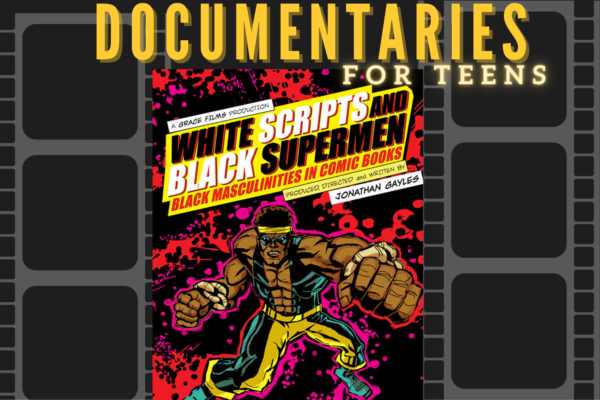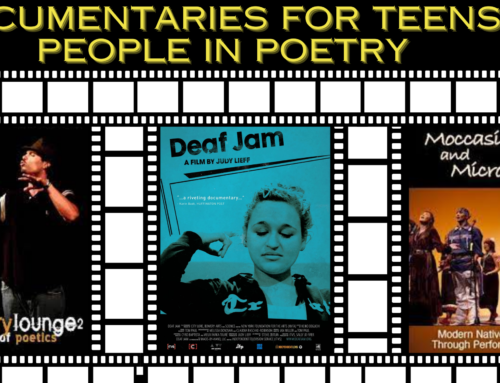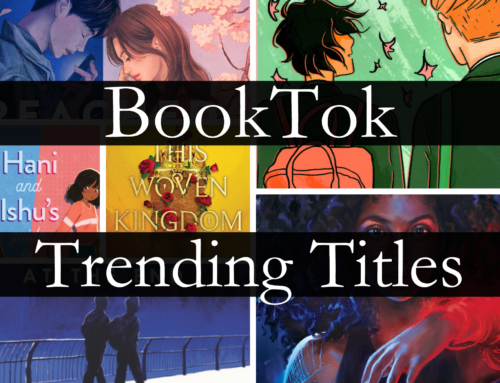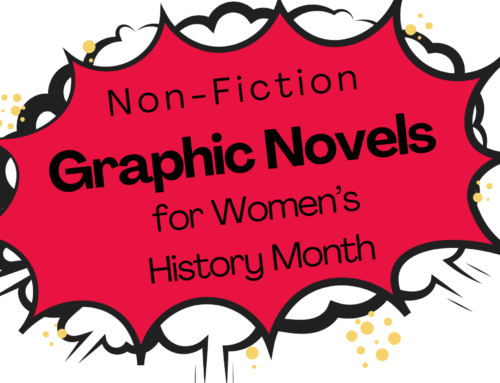
Hello everyone! My name is Ms. Kate and welcome to my series “Documentaries for Teens,” where I review documentaries for, well, teens!
In honor of Black History Month in February, I watched the documentary “White Scripts and Black Superman,” which focuses on the history of the depictions of black heroes in the history of comics. Directed by Jonathan Gayles, the documentary focuses on race and class studies, as well as the power of visual arts via comic books through a catalog of professors and comic book creators alike (one of them being the late Dwayne McDuffie–who helped create Static Shock and Tony Isabella–who created Black Lighting…how cool is that?). Together, they go back to the beginning of black heroes being featured in comics, which often included references to stereotypes and how they were received. For example, Lobo, Lothar (Mandrake the Magician’s assistant), and Whitewash were depicted as caricatures of black culture. Lobo was a Western story that featured Lobo, a black man. After making three issues, the creator, Anthony Tallarico was told that they were not selling and they were not selling because they were not even distributed because of who the shop owners saw on the cover. Lothar was not his own character, he was just an assistant to another hero, and that was that. Whitewash was based on a caricature used to depict black people during Jim Crow and is named “Whitewash” to put the cherry on top of this problematic character.
As time goes on, we see more black heroes appear. There is representation, but there are still wrong turns with their characters. In 1969, the Falcon is Marvel’s first African American hero, but he turns out to be the number one enemy of Captain America because he is a cohort of Red Skull. The disappointment with this character arc is perfectly said by Julian Chambliss,
“Don’t you think it’s problematic to make the origin of the first African American superhero to be a crazed Nazi white supremacist?” (18:25-18:35).
Yes, he is a progressive representation of African Americans in the comic book universe, but he has undertones that are damaging to his and the community’s character. For example, Luke Cage (1972) was a hero by the way that he was a human who had superpowers. However, he was not “heroic” by character. He made people pay for his help, which is not heroic at all.
“It didn’t seem adequate to the concept of a superhero. Because, what he really was was a mercenary with bulletproof skin” (32:00-32:25).
But, even though there were errors with the characters, it made room for more representation with characters like Static Shock (a favorite of mine).
I absolutely loved this documentary, it was so poignant, especially the opening monologue (I won’t spoil that for you guys, but just know, it is a very powerful piece.) I learned so much, like how Black Panther is Marvel’s first black hero and Green Lantern is DC’s.
To watch this documentary on Kanopy, click here.
Thank you for tuning in, and I will see you (and our next documentary) next time!





